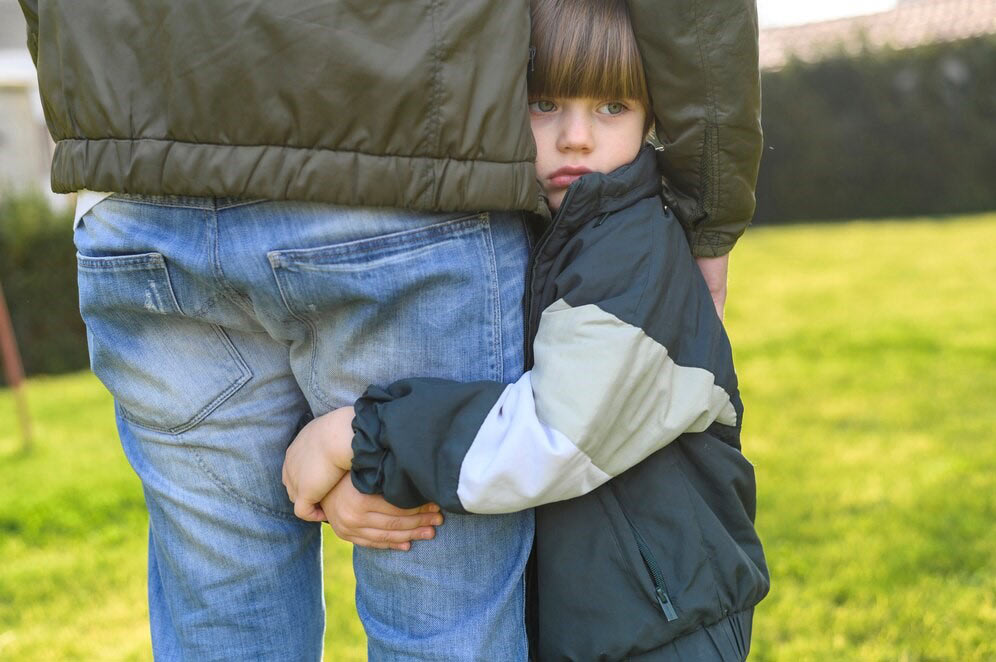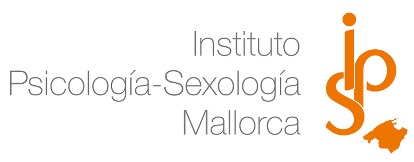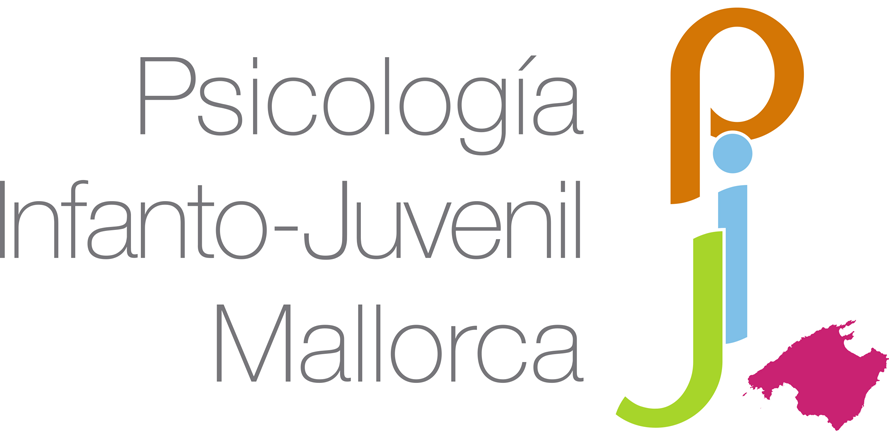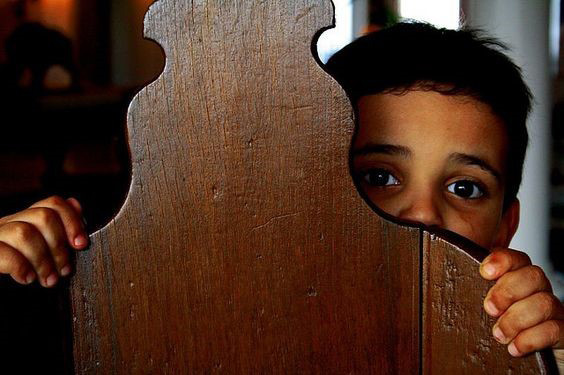
What is parental overprotection of children?
Overprotection is characterized by a parenting style in which parents or primary caregivers excessively attend to their children’s needs and try to solve their problems even before they ask for help, usually with the intention of preventing them from suffering.
It is natural and adaptive to want to provide a safety net for the little ones at home, as we see them vulnerable, and our instincts tell us that we must protect them. While this is mostly true, confining them within an overprotective bubble not only fails to shield them from life’s inevitable challenges but can also lead to unintended emotional distress in the long run.
How does it affect children and caregivers?
Firstly, many overprotected children become so accustomed to their parents solving all their problems that they find it difficult to appreciate the effort involved. It is important to sometimes face the negative consequences of our actions to learn for the future. For example, if every time I forget something important, my parents go out of their way to fix it, I will never fully grasp how crucial it is for me to try to remember, because, after all, if I forget, nothing significant will happen.
It also often occurs that when they are not with their role models, they feel fragile and unprotected. This is normal because they have not had the chance to practice solving day-to-day problems or making decisions. They may believe they lack the resources to face what comes their way. Additionally, if my parents think it is dangerous for me to do something alone, it must be because it is, and I am not capable of doing it myself. All of this can lead to a reduction in self-esteem, emotional dependence on caregivers or others, impatience and intolerance, problems in various life areas (e.g., academically due to not having learned to study independently), etc.
For caregivers, this overprotective style also has a harmful effect. Knowing that our children will be fine puts us at ease, which is very reinforcing. If we get into the habit of always solving their problems or preventing anything bad from happening to them, we will really struggle during those times when we cannot do anything. We become “hooked” on the illusion of tranquillity, but we are causing us more anxiety, a sense of inadequacy, and problems with our relationships (e.g., with our partner, due to disagreements in parenting).
How does it affect adulthood?
All this not only affects children when experiencing overprotection but also influences them in adulthood.
Firstly, the false belief that I am not capable of doing things on my own will be ingrained in me. Even if it was not explicitly stated, I would have indirectly understood that I cannot. If the message I received throughout my life is that they have not trusted me to handle things, how can I have confidence in myself? Furthermore, it is very likely that I still lack the necessary resources because I have not had the opportunity to learn them.
Additionally, I may continue the habit of letting those around me solve my problems or even demand it. For instance, some people feel they have transitioned from being under their parents’ care to immediately being under the care of their partner, feeling that they cannot fend for themselves and always need someone to protect them. This dependence makes it less likely for them to expose themselves to doing things independently, perpetuating a vicious circle that increasingly makes the person feel more dependent.
Causes of parental overprotection
There are various causes that can lead parents to overprotect their children.
- Fear that something bad might happen and the belief that prevention is always better than must solve problems in the future.
- Knowing that if I prevent something bad from happening, I will be more at ease.
- Excessive self-imposed demands by parents and the mistaken belief that protecting them from everything makes them good parents. “It is my responsibility as a father/mother to pave the way for them so that nothing bad can happen.”
- Related to this, the increasing social pressure to ensure our children are the happiest and that nothing bad happens to them.
- Having experienced an overprotective parenting style as children, leading to the belief that it is the most suitable educational model or adopting it unconsciously because it is what they have always experienced. Conversely, having experienced neglect in childhood by caregivers and opting for a completely opposite overprotective style when raising their own children (“I will do the opposite of what my parents did with me”).
- Managing emotions by trying to avoid unpleasant emotions, which makes it more likely for them to believe that children should not experience any kind of suffering.
How to address parental overprotection of children?
We need to learn to cut the “umbilical cord.” Primarily, we will have to progressively expose ourselves to the worry that children may suffer and not solve all their problems:
- Providing a safe space where children can practice facing day-to-day problems with parental support and the option to offer help when they genuinely need it. For example, allowing them to study alone and only helping them constructively when they have tried to do it on their own first, addressing their doubts (not providing an immediate solution but explaining how to find it).
- Facilitating activities where children can use the resources they already have and feel useful. It will be crucial to reinforce them for their efforts, even if we think it is not as good as what we could have done. This makes it more likely for them to dare to repeat it in the future.
- Allowing them to feel their unpleasant emotions (frustration, sadness, worry, boredom) and teaching them that these emotions are just as important as pleasant ones. If you want to know more about this, you can check out “The dictatorship of happiness” or “Children must learn to get bored.”
- Listening to what they have to say. Every child is different, and the process of “cutting the cord” will also depend on the needs of each child.
In conclusion, letting them do, experience, make mistakes, get bored, suffer… yes, as harsh as it sounds, allowing your children to suffer occasionally is one of the best things you can do for them. Only in this way can they learn and mature because you are letting them out of that bubble, and they can face the real world. The world they will have to expose themselves to sooner or later, and if they haven’t had the chance to practice when they were under your protection and when the level of demand was lower, it will overwhelm them when they have no choice.
If you suspect that you may be overprotecting your children and want help identifying the cause and promoting a parenting style that contributes to their growth into autonomous adults with good emotional management, do not hesitate to contact us.
Aina Fiol Veny
Psychologist Col. Nº B-02615






